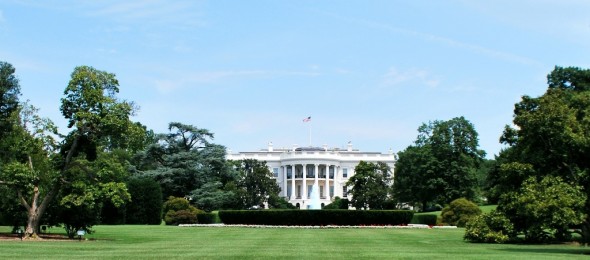Zachary D. Clopton, Assistant Professor of Law at Cornell Law School, has published “Class Actions and Executive Power,” New York University Law Review, Forthcoming; Cornell Legal Studies Research Paper No. 16-44. In his journal article, Professor Clopton discusses potential issues related to federal administrative attempts to regulate arbitration in response to recent Supreme Court jurisprudence on class arbitration waivers.
Here is the abstract:
Decisions about class certification and arbitration have depressed private-enforcement class actions, reducing deterrence and enforcement of important substantive rights. This fact has not escaped scholarly attention, but it is not the whole story. Less studied have been the consequences of these procedural decisions for the separation of powers. An aggressive Supreme Court and an inactive Congress have increased the importance of federal administrative law — for example, administrative attempts to regulate arbitration. Moreover, a reduction in private enforcement compounds the importance of public enforcement. State and federal enforcers may piggyback on (successful or unsuccessful) private suits, and they may employ new tactics to maintain deterrence. While proponents of a robust regulatory state may take solace in these executive rejoinders, they are not without costs. Specifically, executive action may be less transparent, less durable, and more susceptible to political pressures than its alternatives.
Professor Clopton’s research papers may be downloaded for free from the Social Science Research Network.
Photo credit: ash_crow via Foter.com / CC BY-SA














